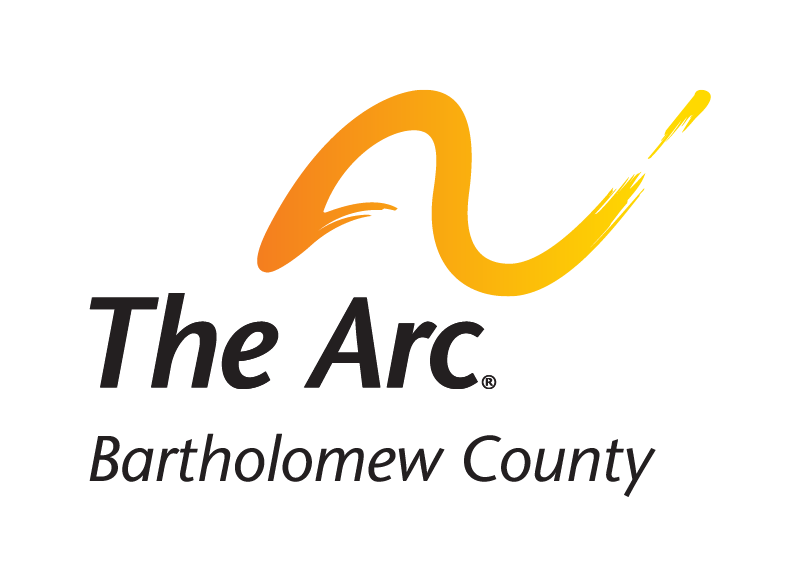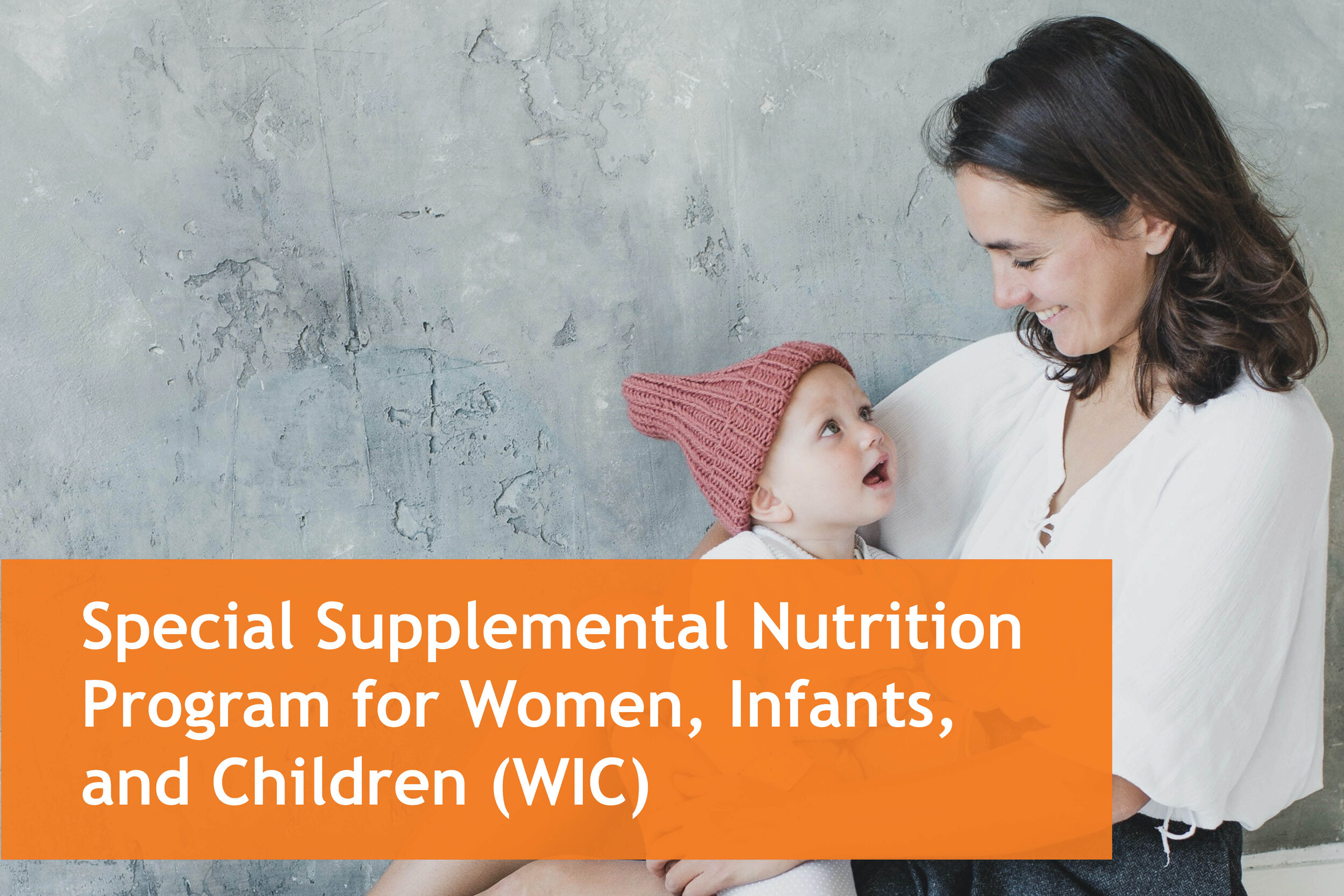Special Supplemental Nutrition Program for Women, Infants, and Children (WIC)
The Special Supplemental Nutrition Program for Women, Infants, and Children (WIC) provides nutrition-related services to nearly 150,000 women and children in Indiana each month.
Program Description
The Food and Nutrition Service (FNS) of the United States Department of Agriculture (USDA) runs a program called the Special Supplemental Nutrition Program for Women, Infants, and Children (WIC). The program primarily provides money for pregnant mothers and children up to age 5 to be able to afford healthy food.
The program also gives participants access to health services such as health screenings, nutrition and breastfeeding counseling, immunization screening and referrals, substance abuse referrals, and more.
According to the WIC Fact Sheet (pdf), more than half of the infants in the United States participate in the program and if you already participate in another assistance program (like Medicaid, Temporary Assistance for Needy Families (TANF), or the Supplemental Nutrition Assistance Program (SNAP)), you might be automatically eligible for the program.
Unlike other assistance programs, the Special Supplemental Nutrition Program for Women, Infants, and Children (WIC) is not an entitlement program. An entitlement program guarantees benefits for everyone who meets the program’s eligibility requirements. Since the program isn’t an entitlement program, you may be put on a waitlist even though you meet all of the program’s eligibility requirements.
Nutrition Risk
The program has an eligibility requirement that your family must be nutritionally at risk. This means that you or your child are at risk of failing to get all the nutrition you need. There are two types of nutrition risk which could qualify a family for the program: Medically-Based Nutrition Risk and Dietary Nutrition Risk.
Medically-Based Nutrition Risk
When a health professional finds you have a medically-based nutrition risk, that means you or your child have a medical condition that puts a pregnant mother or child at risk of not meeting nutritional needs. Some examples of the situations that would qualify for the program are the following (Title 7 Subpart C Part 246.7 of the Code of Federal Regulations):
your child has congenital malformations, genetic conditions that are present at birth like down syndrome, spina bifida, cleft palate, and similar conditions
you or your child is anemic, meaning you don’t have enough red blood cells
are underweight or overweight
you have a history of pregnancy complications, like premature births, miscarriages, or stillbirths
you have unusual weight changes during pregnancy
you’ve had poor pregnancy outcomes in the past
you conceived prior to 16 months postpartum
you have pre-eclampsia, a condition in pregnant women marked by high blood pressure and organ issues
you abuse alcohol or drugs during pregnancy
you experience chronic infections
you have a mental disability
you’re pregnant during adolescence
The list mentioned above does not cover all possible situations that qualify as medically-based nutritional risks. The program is designed to be available to many people since nutrition during the early stages of a child’s life is so important.
Dietary Nutrition Risk
A dietary nutrition risk happens when a person isn’t getting all the nutrition they need in their current situation. For example, people who are homeless or migrants may not have the opportunity to store food safely. This puts these populations at risk of not meeting their dietary needs.
During the interview process, an individual may be asked about what types of foods they normally eat. An applicant may be asked what they’ve eaten over the past day (called a 24-hour dietary recall in the federal regulations), types of foods they eat over a longer period of time, or what they usually eat.
These types of questions help the interviewer understand a person’s ability to get nutrition from their current lifestyle. If the interviewer determines that the applicant is missing out on nutrition they need, then they may be considered to qualify for the program due to a dietary nutrition risk.
Financial Eligibility
To be eligible for the program your family must have income below 185% of the Federal Poverty Level (FPL). The monthly 185% Federal Poverty Level (FPL), effective until June 30th, 2021, for each family size are as follows:
For a one-person family: $1,968
For a two-person family: $2,658
For a three-person family: $3,349
For a four-person family: $4,040
For a five-person family: $4,730
For a six-person family: $5,421
For a seven-person family: $6,112
For an eight-person family: $6,802
For every additional family member over eight, add $691
Applying for the Program in Bartholomew County
To apply for the WIC Program, if you live in Bartholomew County, you’ll need to contact the WIC Program Clinic at the Doug Otto United Way Center.
If you don’t live in Bartholomew County, then you can use Indiana’s clinic location map to find the clinic in the county where you live. You can also call the toll-free number for the state office at 1-800-522-0874 or email inwic@isdh.in.gov to find the clinic nearest you.
The first step in the application process is a certification appointment. During this appointment you’ll bring information to verify your eligibility for the program. The state created a document to help you understand what to bring to your certification appointment:
Clinic Address & Contact Information
Bartholomew County WIC Program
Doug Otto United Way Center
Address: 1531 13th St., Columbus, IN 47202
Phone: (812) 379-1557
Clinic Alternate Number: (812) 752-6474
Fax: (812) 379-1599
Business Hours
Tuesday, Wednesday, Thursday, and Friday - 9:00am-5:00pm
Monday - 11:00am-7:00pm
3rd Tuesday - 9:00am-12:00pm
INWIC Smartphone Application (App)
The Indiana Department of Health has created a smartphone app to help people manage their program benefits. The app has several useful features:
Check your WIC benefit balance
While shopping, see if an item is WIC approved by scanning its UPC code
Get alerts for appointment reminders and expiring benefits
Find WIC approved stores and the nearest WIC clinic
Download the app for Android or Apple / iOS and you’ll be able to manage your benefits on the go. Check out the INWIC App Quick Reference Guide (available in English or Español / Spanish) to learn more about the app.
Additional Resources
Food and Nutrition Service (FNS)
Find out if you may be eligible for benefits with the WIC Screening Tool
Indiana State Department of Health (ISDH)
WIC program booklets from the Indiana State Department of Health
General Income Eligibility Brochures
Indiana WIC Smartphone Application

